
Sleep apnea is a medical condition characterized by a restriction of the airways in the throat while the person is sleeping. Affected person may snore very loud and consistent during the night, wake up frequently or even wake up experiencing tightness in the chest. Some of the patients may not even know that they are suffering from this condition. However, low energy level, lack of motivation and problems with libido can indicate sleep apnea.
The American Sleep Apnea Association is available for people suspecting to suffer from sleep apnea. They are able to provide you information about sleep study centers and the address of the center nearest to your place of residence.
Symptoms of Sleep Apnea
People suffering from sleep apnea can experience sleepiness at any time during the day, which definitely effects productivity.
Regardless of the severity of sleep apnea, patients, not only suffer from a lack of sleep but also deep sleep because snoring and sleep apnea affect the REM phase of the sleep. Sleeping deficiency usually causes sexual problems and other problems related to lack of energy.
Because of the restriction of air, their heart could stop to beat for a moment and that condition may become a life threat. When the heart of these patients stops to beat, or comes close to stop, they could experience suffocation and heart attack.
Treatments for Sleep Apnea
Although sometime serious, sleep apnea is a treatable condition. If you experience any of the symptoms mentioned above, you should consult your doctor. He or she will be able to schedule a sleep study at sleep study center. There, you will be monitored during the night, and medical professionals should then register your sleeping patterns and your heartbeat during the night. According to the data, your doctor will suggest the suitable treatment for your sleep apnea.
CPAP (continuous positive airway pressure), dental attachments, diet, exercise plan, humidifiers and surgery are some of the treatments recommended for sleep apnea.
CPAP monitors are usually covered by insurance and they can be adjusted to suit your particular needs. Some of the hospitals even have therapists that can visit you at home and help you adjust CPAP monitor.
Special diet and exercise plans can also be the part of the recommendation for the treatment, as well as some home humidifiers. In some cases, humidifiers can be used along with the CPAP monitor.


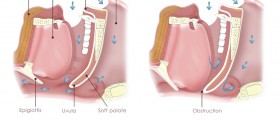
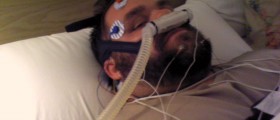
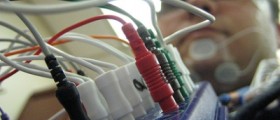
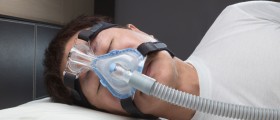

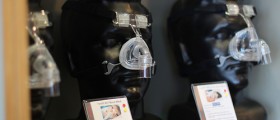

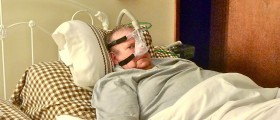
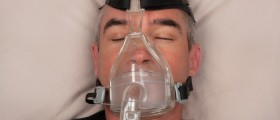
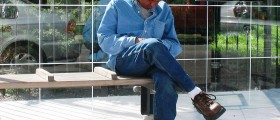
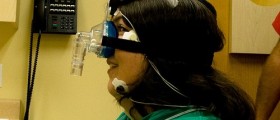

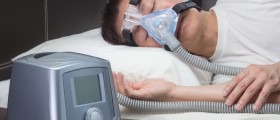


Your thoughts on this
Loading...